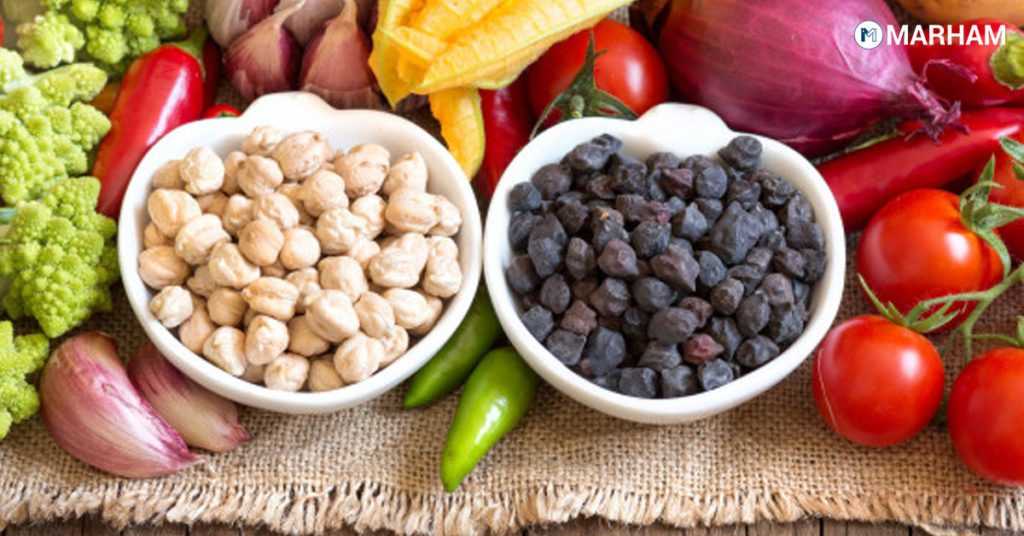Looking for a list of cancer-fighting foods to add to your grocery list? So i say you can reduce – but not eliminate – your cancer risk by focusing on plants and making healthy food choices.
Is there such a thing as a cancer-fighting food? Can certain foods prevent cancer? Unfortunately, the answer is “no.” There is no food that can stop cancer in its tracks or bring your risk of developing cancer to zero. Eating healthy food can reduce your risk, but it won’t eliminate it.
“There are many different causes for cancer,”
“Research tells us that making healthy food choices consistently over time can reduce your risk of getting cancer, but you can’t say with absolute certainty that food can prevent cancer. There are no guarantees.”
Can Food Choices Help Prevent Cancer
Focus on plants (veggies, whole grains, nuts, fruit and plant-based protein) Make choices that will help you manage your weight. Avoid foods that are known to increase cancer risk.


Cancer-fighting Foods
When you see a list of “cancer-fighting foods”, they are often plant foods loaded with phytochemicals, also called phytonutrients. Phytochemicals are compounds found in plants that can help prevent chronic diseases like cancer.
The list is usually topped with berries, broccoli, tomatoes, walnuts, grapes and other vegetables, fruits and nuts. “If you look at the typical foods that reduce cancer risk, it’s pretty much all plant foods that contain phytochemicals,”
But cautions shoppers not to focus on a specific list of “cancer-fighting” foods to the exclusion of other healthy foods in the produce section.
“Keep in mind that there are more than 4,000 phytochemicals that have been discovered and researched,”
“There’s not anyone super-food that contains all of them. They all offer different functions and benefits.” A good way to add variety to your cancer-fighting food list is to make sure you include a variety of colors. You can get the most protection by eating a wide variety of plant foods.
Make a healthy food list to help you manage your weight
Eating too much of anything can increase body fat, which increases your cancer risk. Obesity is linked to 12 types of cancer.
“Foods that are lower in calories and sugar and higher in fiber can help you manage your weight. All those things reduce the number of calories you consume,”
“Maintaining a healthy weight is one of the most important things you can do to reduce your cancer risk.”
Before you head to the grocery store, keep these tips in mind. They can help you simplify your list and make healthier choices when you get to the store.
Keep your menu simple. You don’t need a complicated list of ingredients to make a healthy, tasty meal.
Don’t be afraid of frozen vegetables and fruit (not in sauce or juice).


Choose whole grains. Fiber is important for blood sugar control and weight management.
Choose foods that fight inflammation. That includes fatty fish like salmon and sardines, whole grains like brown rice and probiotics like yogurt.
One more tip: Shop the outer edges of the store. The perimeter of the store has less processed foods.
“While there are some foods that are great down the aisles, as a general rule, the whole foods are around the perimeter of the store.
If you are going to buy something in a package, read the nutrition label first. If the item has more than two or three.
Ingredients, think about a different choice. The nutrition label will also give you valuable information about the salt and sugar in the food you are considering.
Foods that can increase your cancer risk Just as there are foods that can reduce your cancer risk, there are foods that can increase it. Make it a point to steer clear of these foods when you go shopping.
Avoid processed meat. Processed meats like any meat you find have compounds that cause cancer. Even processed meats that say they are “nitrate free” or “uncured” should be avoided.
Limit red meat. Aim for no more than 18 ounces of cooked red meat per week. Instead, choose lean chicken, fish or plant-based protein.
One final tip: Before you head to the store, plan to fill two-thirds of every plate with vegetables, fruits, and whole grains.
You won’t eliminate your cancer risk by eating certain foods. But if you focus on eating a plant-based diet and maintaining a healthy weight, you will go a long way in reducing your risk.

